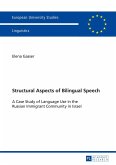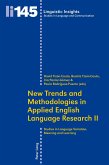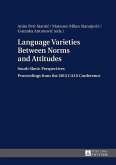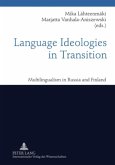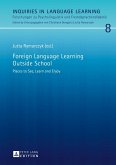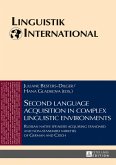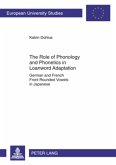This book examines the whys and wherefores of family language transmission from the perspective of parents as language planners and managers of their linguistic resources. It draws on a qualitative, interview-based study of twenty families in which German is, was, or could have been the target language. Successive census analyses have charted a marked decline in the number of German speakers in Australia, indicating that motivation for transmitting German has waned. The situations where it is presently being transmitted are therefore particularly interesting. Data analysis was facilitated by a decision map depicting the planning, implementation and outcome phases of the transmission undertaking. The main findings show that the parents' decision is negotiated around their own needs, interests and ambitions in terms of child-focussed, reciprocal and parent-centred motives. These, in turn, are linked to transmission strategies and the linguistic outcomes for the children. Through anunderstanding of the motivational issues arising in this context, it will hopefully be possible to better predict the effectiveness of the transmission strategies presently applied.
Bitte wählen Sie Ihr Anliegen aus.
Rechnungen
Retourenschein anfordern
Bestellstatus
Storno


